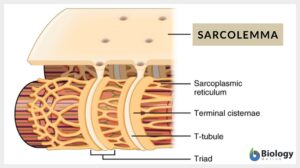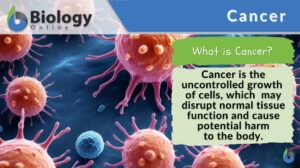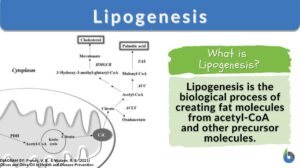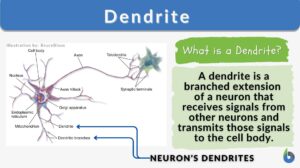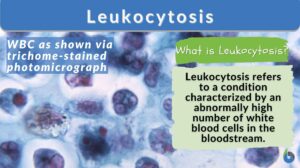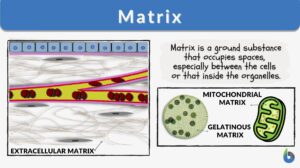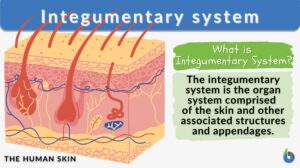Search Results for: cascade
Sarcolemma
Sarcolemma Definition What is the sarcolemma? It is the thin, transparent, extensible plasma membrane of the muscle cell.... Read More
Phagocytosis
Phagocytosis Definition Phagocytosis is a basic physiological cellular process wherein a cell ingests a solid particle... Read More
Autocrine signaling
Autocrine Signaling Definition What is autocrine signaling? Autocrine signaling is a type of cell signaling wherein a cell... Read More
Haemophilia A
Definition noun A form of haemophilia that is caused by a deficiency in blood clotting factor VIII due to a gene defect in... Read More
Complement
Complement (Science: immunology) a term originally used to refer to the heat labile factor in serum that causes immune... Read More
Lipogenesis
Lipogenesis Definition Lipogenesis is the process of producing lipid or fat to store biochemical energy for later metabolic... Read More
Dehydration reaction
What is dehydration synthesis? A dehydration reaction is a form of biochemical reaction wherein a water molecule is lost or... Read More
Leukocytosis
What Is Leukocytosis? Leukocytosis is a condition wherein the number of White Blood Cells (WBCs) is increased above the... Read More
Axon terminal
An axon terminal is any of the button-like endings of axons through which axons make synaptic contacts with other nerve... Read More
Even-skipped
Definition noun (1) One of the pair-rule genes (together with hairy and runt) directly activated by gap gene products... Read More
Intracellular fluid
Definition noun The body fluid within the cell composed mainly of water dissolved ions, and other molecules Supplement The... Read More
Hemostasis
Definition noun, plural: hemostases The process of stopping or arresting bleeding or keeping the blood within the damaged... Read More
Phosphorylation
Phosphorylation Definition We can define phosphorylation as a biochemical process in which a phosphate molecule is added to... Read More
Extrinsic pathway
Definition noun (1) (hematology) One of the two initial pathways for the conversion of the prothrombin to thrombin in the... Read More
Christmas factor
Definition noun A blood clotting factor in the intrinsic pathway of the blood coagulation cascade and works with clotting... Read More
Immune system
Definition noun The organ system that is involved in protecting the organism from infection, infestation, and other... Read More
Humoral immunity
Let’s get to know where one should place humoral immunity, the topic of today’s discussion!! By the end of the article,... Read More
Tropomyosin
Definition noun A long protein strand composed of two fully alpha helical chains in a coiled-coil dimmer, and binds along... Read More
Cell adhesion
Cell Adhesion Definition Cell adhesion is the process in which a cell uses a specialized complex of proteins to get... Read More
Carbohydrate
Carbohydrate Definition A biomolecule refers to any molecule that is produced by living organisms. As such, most of them... Read More
Integumentary system
Integumentary System Definition The integumentary system is the outermost layer of the body. The animal body, in... Read More
Epithelium
An epithelium is a type of animal tissue made up of densely packed cells (called epithelial cells) that rest on a basement... Read More
Endoplasmic reticulum
Endoplasmic Reticulum Definition The endoplasmic reticulum is a membrane-bound organelle in cells of eukaryotic cells... Read More
Differentiation
Differentiation in biology is the process where less specialized cells undergo changes to develop specialized structures and... Read More
Mitochondrial DNA – hallmark of psychological stress
We often hear that stress can be unsettling as it could make us ill when it becomes chronic and overwhelming. However, is... Read More
Positive feedback
Positive Feedback Definition Each mechanism of the body like temperature, blood pressure, and levels of specific nutrients... Read More

